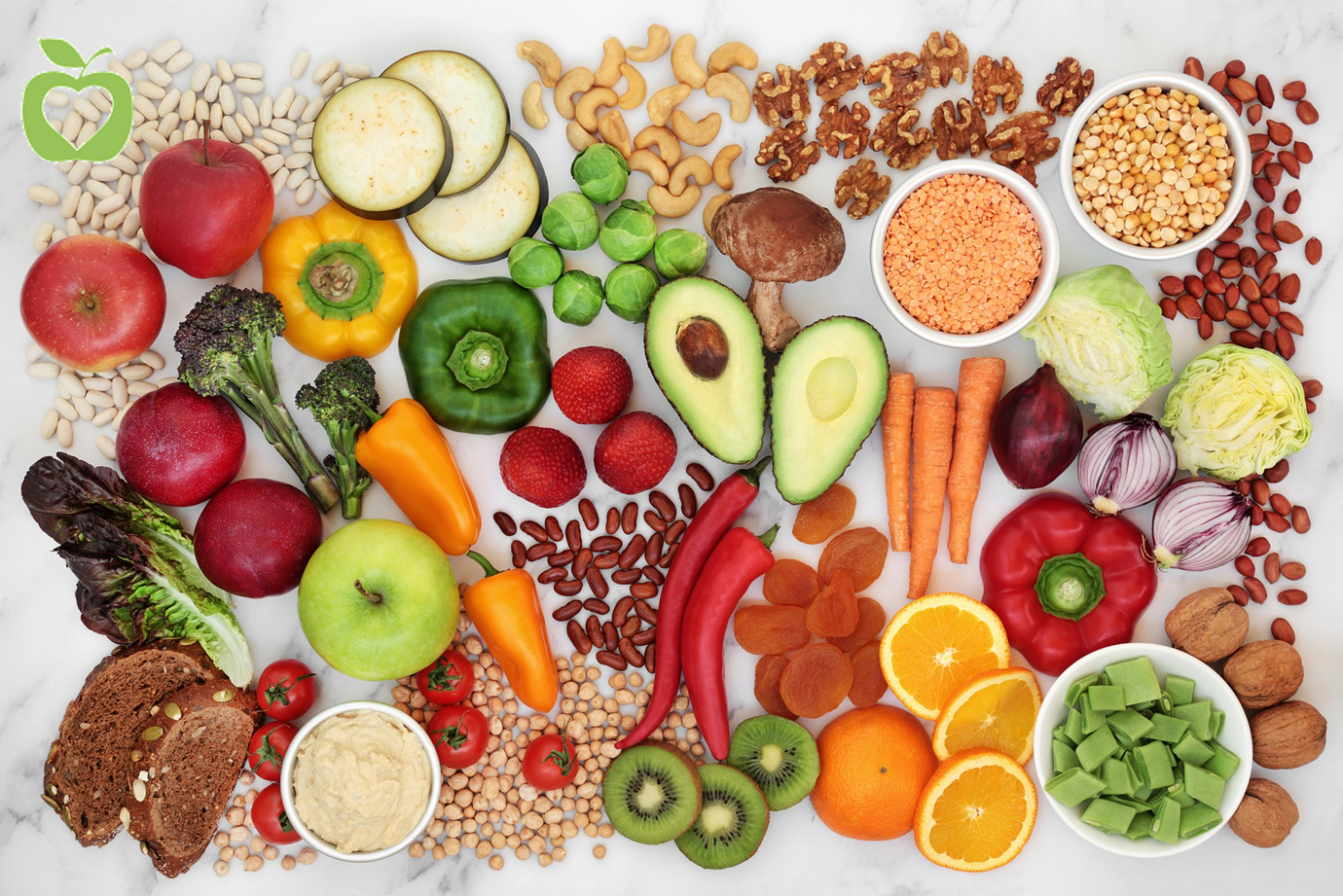Are you concerned about your risk of developing diabetes or high blood pressure? Nutrition plays a key role in preventing and managing these chronic conditions. By making healthy dietary choices, you can help reduce your risk and promote better health. Here are some important nutritional guidelines to keep in mind when it comes to preventing diabetes and high blood pressure:
1. Choose whole, unprocessed foods.
One of the most important steps you can take towards better health is to choose whole, unprocessed foods. These foods are typically rich in nutrients and free from additives that can harm your health. Focus on incorporating more fruits, vegetables, whole grains, and lean proteins into your diet, and limit your intake of processed and packaged foods.
2. Limit your intake of added sugars.
Diets high in added sugars have been linked to an increased risk of developing diabetes and high blood pressure. Try to limit your intake of sugary drinks and foods, such as soda, candy, and baked goods. Instead, opt for naturally sweet foods like fruit, or use healthier sweeteners like honey or maple syrup in moderation.
3. Watch your salt intake.
Too much salt can increase your risk of high blood pressure, so it’s important to watch your intake. Try to limit your consumption of processed and packaged foods, which often contain high amounts of sodium. Instead, flavor your food with herbs and spices, and choose low-sodium alternatives whenever possible.
4. Include healthy fats in your diet.
Healthy fats, such as those found in nuts, seeds, avocados, and fatty fish, can help improve your cholesterol levels and reduce your risk of heart disease. Try to include these healthy fats in your diet in moderation.
5. Stay hydrated.
Drinking enough water is important for overall health, including managing diabetes and high blood pressure. Aim to drink at least 8 glasses of water per day, and limit your intake of sugary or caffeinated beverages.
6. Work with a registered dietitian.
If you’re unsure of how to incorporate these nutritional guidelines into your diet, consider working with a registered dietitian. They can provide personalized recommendations and help you create a healthy eating plan that works for your unique needs and lifestyle.
By following these nutritional guidelines, you can help prevent and manage chronic health conditions like diabetes and high blood pressure. Remember to prioritize whole, unprocessed foods, limit your intake of added sugars and salt, include healthy fats, stay hydrated, and work with a registered dietitian for personalized guidance.
When it comes to managing your health, nutrition is a powerful tool. By making healthy dietary choices, you can promote better health and reduce your risk of developing chronic conditions like diabetes and high blood pressure.
In conclusion, incorporating healthy dietary choices is an essential component of preventing and managing chronic conditions like diabetes and high blood pressure. By focusing on whole, unprocessed foods, limiting your intake of added sugars and salt, including healthy fats, staying hydrated, and working with a registered dietitian, you can promote better health and reduce your risk of developing these conditions. Remember that small changes can make a big difference when it comes to your health, and prioritize making sustainable lifestyle changes for long-term benefits.
Have any questions? Drop a comment on this post and one of our experts will reach out to you.
At Comfort Nutrition Services, we are committed to counseling and assisting our clients, fans, and followers to reach their healthy nutritional goals.

